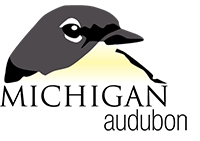Employment Opportunities
No Current Openings
Michigan Audubon is an equal opportunity employer committed to a diverse and inclusive workforce. Employment decisions are based on merit, qualifications, and abilities. Michigan Audubon does not discriminate on the basis of race, color, religion, sex, sexual orientation, gender identity, age, marital status, national origin, physical or mental ability, status as a disabled veteran, or any other classification protected by law.
